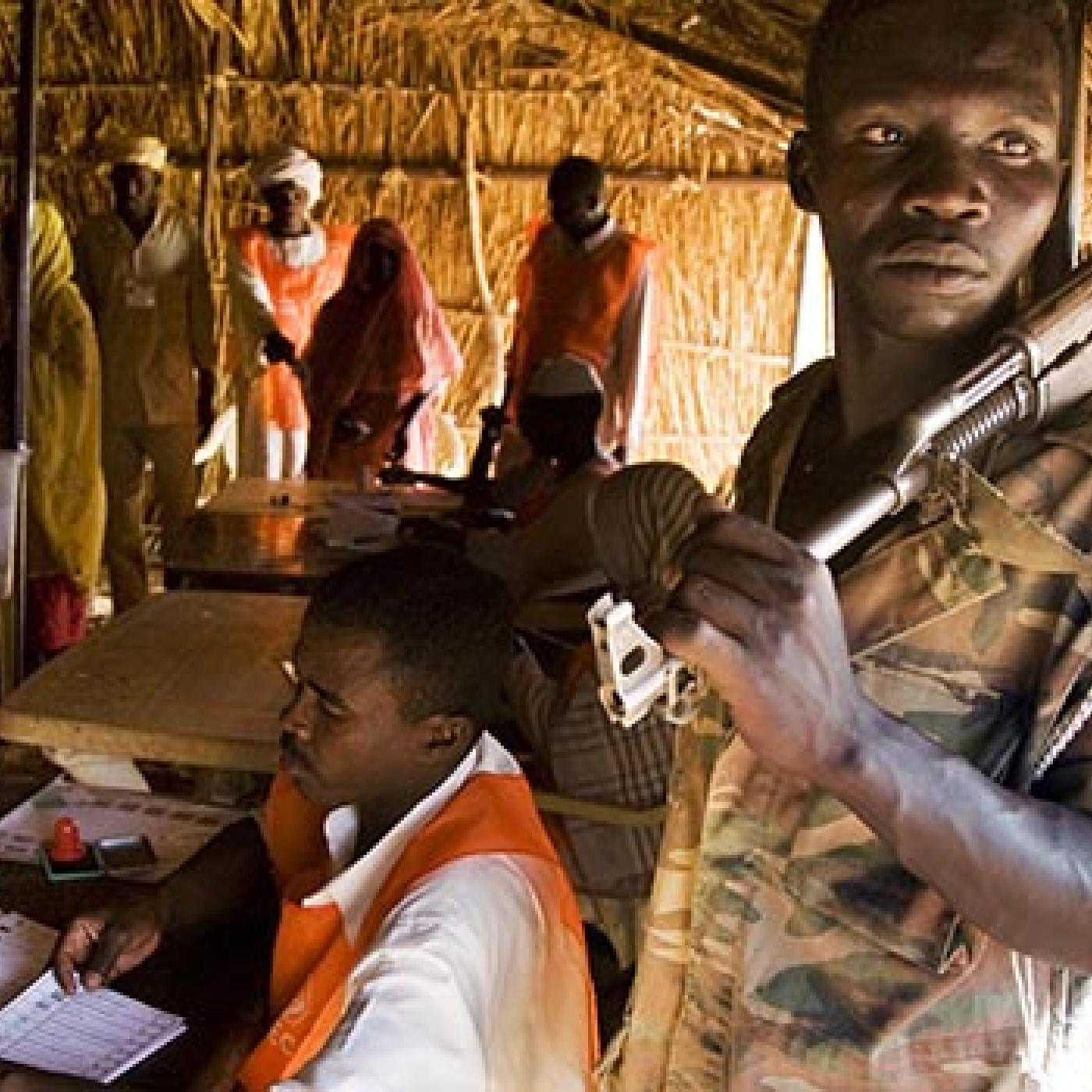Tools & Resources
Filter by
Type
Publication date
Language
Type
Publication date
Language
Election FAQ
Elections in Colombia: 2022 Presidential Elections
IFES presents Frequently Asked Questions (FAQs) on Elections in Colombia: 2022 Presidential Elections.
Election FAQ
Elections in Colombia: 2022 Congressional Elections
IFES presents Frequently Asked Questions for Elections in Colombia: 2022 Congressional Elections.
Publication
Report/Paper
Overcoming Challenges to Democracy and Governance Programs in Post-Conflict Countries: CEPPS Lessons Learned
How can democracy and governance programs be more effective in post-conflict environments?
May 18, 2021
Election FAQ
Elections in Colombia: 2018 Presidential Election
On May 27, Colombia held an election for the next president and vice president, which was the first presidential election to take place since the signature of the peace agreement between the Colombian government and the Revolutionary Armed Forces of Colombia. To help you understand this important electoral process, IFES provides Frequently Asked Questions (FAQs) on Elections in Colombia: 2018 Presidential Election.
Election FAQ
Elections in Burundi: 2015 General Elections
The Republic of Burundi currently has presidential elections scheduled for July 21, 2015 and senatorial elections scheduled for July 24, 2015. On June 29, 2015, Burundians voted in communal elections for 18 constituencies, in addition to voting in legislative elections for the National Assembly.
News & Updates
Feature
Civic Education for Free and Fair Elections in Burundi
Already marred by political tensions that have their roots in the 12-year civil war that ended in 2005 under the authority of the Arusha Peace and Reconciliation Agreement for Burundi, the 2015 elections will likely be a historic turning point, for better or worse, in Burundi’s democratic transition.
Publication
Brochure/Fact Sheet
Elections and Political Processes Program in Burundi
Burundi is scheduled to hold presidential and parliamentary elections in 2015, amid a political climate marked by a sense of polarization that has endured since the local election in 2010, when the ruling National Council for the Defense of Democracy-Forces for the Defense of Democracy (CNDD-FDD) won by a wide margin, and opposition parties boycotted the four elections that followed.
January 28, 2015
Publication
Report/Paper
Analysis of the Status of Women in Burundi’s Political and Electoral Processes
Burundi is one of few countries in the world to have adopted a gender quota for its legislature in an effort to promote the inclusion and participation of women in the political process. As such, it presents an informative case study on the impact a gender quota can have as a catalyst for more progressive and inclusive governance. Given the International Foundation for Electoral System’s (IFES) commitment to gender equality and women’s participation in electoral processes and government, a thorough analysis demonstrating the effectiveness of quotas is a vital effort that aids IFES in supporting their use as a tool for democratic progress.
July 17, 2014
Election FAQ
Elections in Colombia: 2014 Presidential Elections
Colombians will cast their ballots to elect a President and Vice President on Sunday, May 25.





